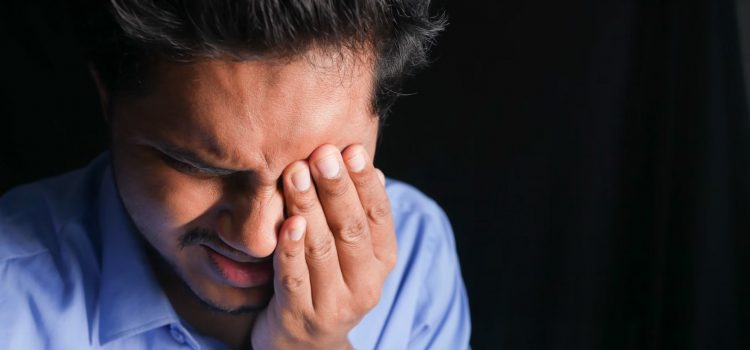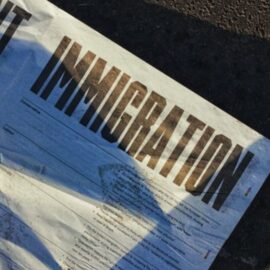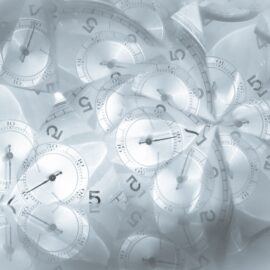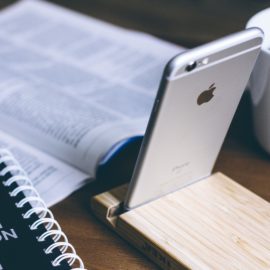
This is a free excerpt from one of Shortform’s Articles. We give you all the important information you need to know about current events and more.
Don't miss out on the whole story. Sign up for a free trial here .
How do sick days work in the U.S.? Why doesn’t the U.S. have paid sick leave?
The U.S. is the only nation among 22 top-wealth countries that doesn’t require employers to provide workers paid sick leave. Experts agree on the benefits of paid sick days but disagree about who should fund them.
Read on to learn more about the current state of the U.S. sick leave policy.
The State of U.S. Sick Leave
On December 1, Congress approved a deal to avert a national rail strike and potential economic crisis that won rail workers a pay increase, flexibility to schedule doctor’s appointments, and one paid personal day. Notably absent from the agreement: seven days of paid sick leave for which the rail union had fought tooth and nail. For many, this has raised the question: why doesn’t the U.S. sick leave policy provide any requirements for paid sick days when most other developed nations do?
A policy offering paid sick days allows workers to stay home when they’re unwell and get a paycheck as they recuperate. Supporters of the policy say it increases worker productivity, prevents the transmission of illnesses at work, and allows people to address their health needs with less financial burden.
But paid sick leave—which most advanced economies in the world require employers to provide—has been a decades-long point of contention in the U.S., where the policy is scattershot and largely state-determined.
This article will examine the current status of paid sick leave in the U.S., how we got here, and why there’s resistance to the policy.
The “Haves” and “Have Nots”
One in four U.S. workers—more than 33 million Americans—don’t have paid sick leave, and the disparities between the “haves” and “have nots” are stark.
The federal Bureau of Labor Statistic’s 2019 National Compensation Survey found that while the highest income earners in the U.S. had nearly universal access to paid sick leave, this was not the case for Americans at the lowest end of the economic bracket: Just 31% of workers earning $10.80 an hour had the benefit, compared with 92% of workers, who made more than $32.21.
How We Got Here
The national rail contract dispute brought the conversation about paid sick leave in the U.S. to the fore in recent months, but it’s been a hot topic since the rise of the Covid-19 pandemic in early 2020. As the highly transmissible, deadly virus shut down economies worldwide, essential workers continued to show up to work even while sick because, experts say, they couldn’t afford to take time off.
Advocates say that even before the pandemic, millions of Americans without paid sick leave went to work sick and contagious every day—a practice that spreads transmissible illnesses more rapidly and broadly—because they couldn’t afford to lose a day of income.
- One study found that workers without paid sick leave were 1.5 times more likely to go to work with a transmissible illness than those with the benefit.
- A second study found that three million workers without sick leave go to their job while ill every week—most of them low-wage employees, mothers with young children, or both.
Why Is There Resistance?
Opponents argue that mandating all employers to provide it would create a crippling financial burden—particularly for small business owners—an argument that goes back decades.
Former U.S. Labor Secretary, Robert Reich, says it took him seven hard-fought years to usher through the 1993 Family Medical Leave Act and even that baby step—which enabled workers to take unpaid time off work for family and medically related reasons—was met with protest from the U.S. Chamber of Commerce and large companies. He says that today’s efforts to give all workers paid sick leave will face even greater resistance among powerful entities.

Want to fast-track your learning? With Shortform, you’ll gain insights you won't find anywhere else .
Here's what you’ll get when you sign up for Shortform :
- Complicated ideas explained in simple and concise ways
- Smart analysis that connects what you’re reading to other key concepts
- Writing with zero fluff because we know how important your time is






